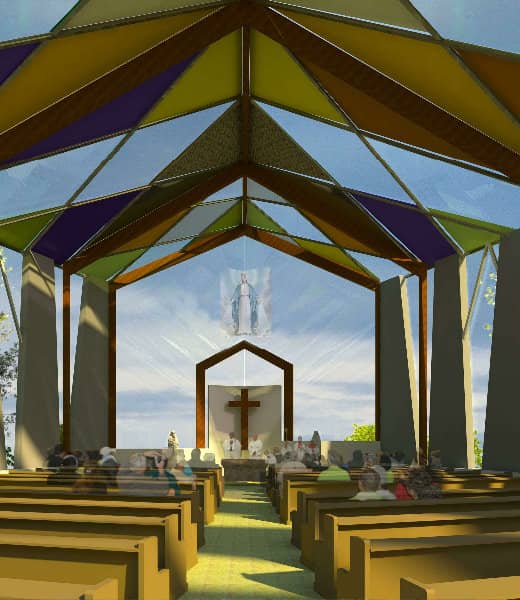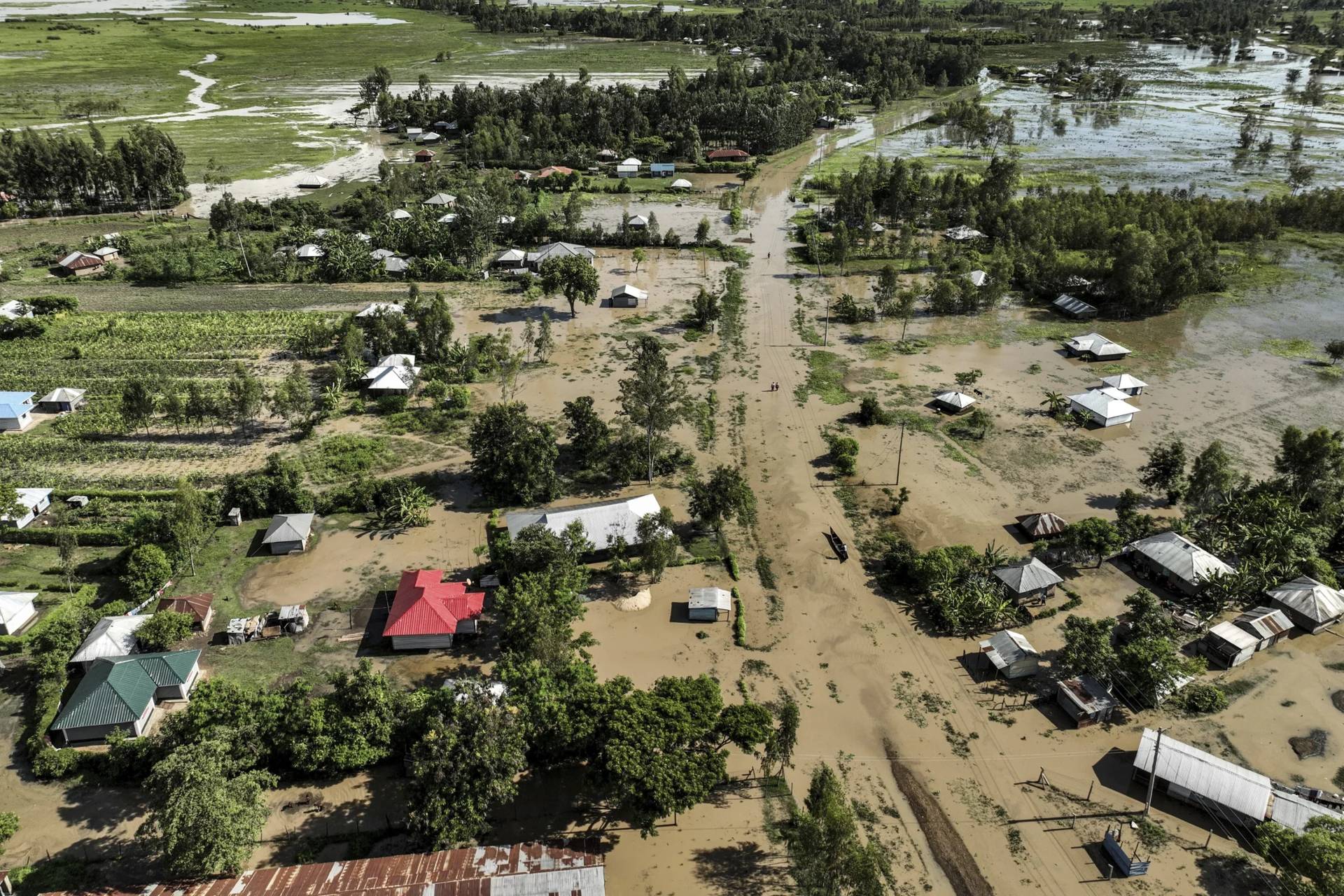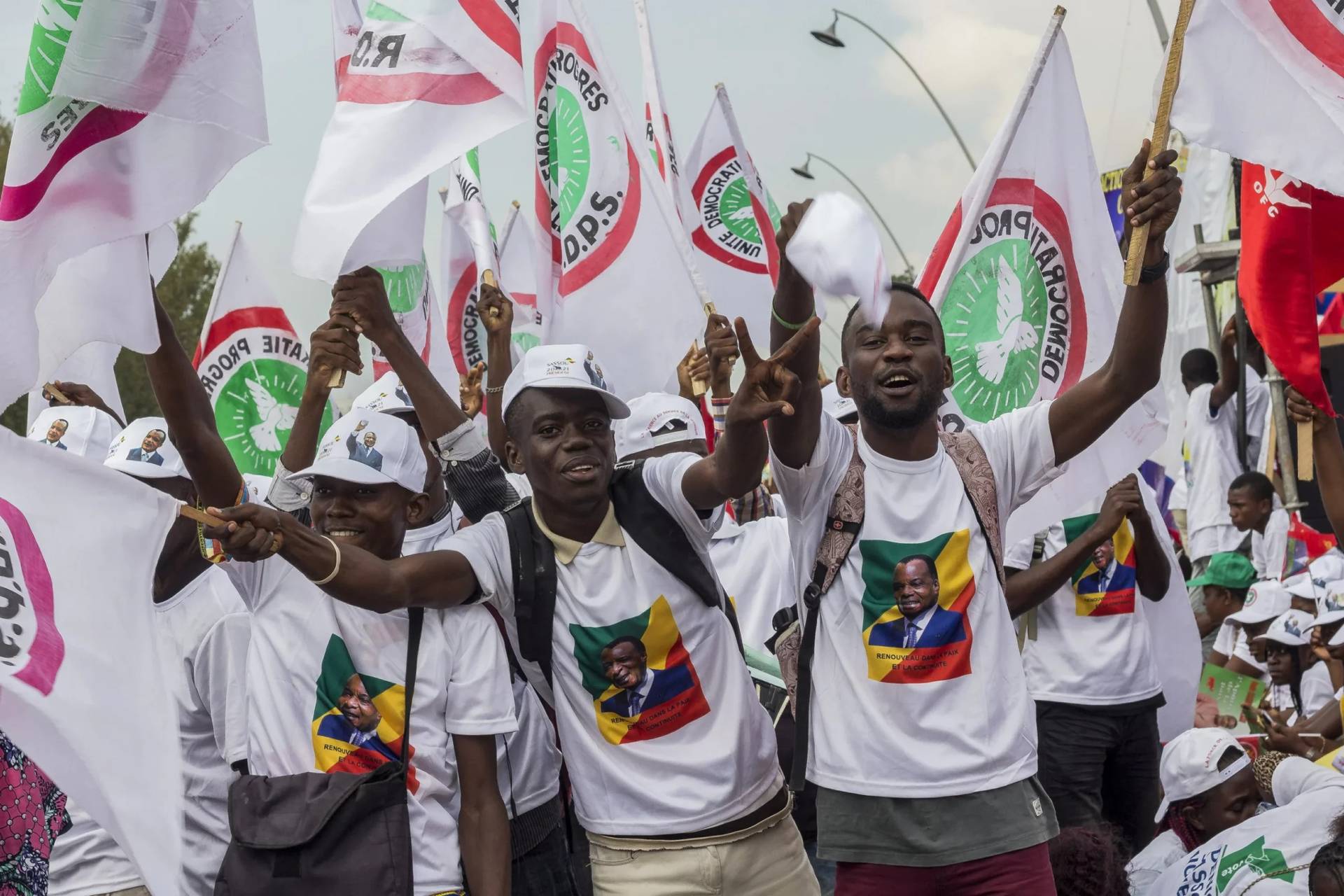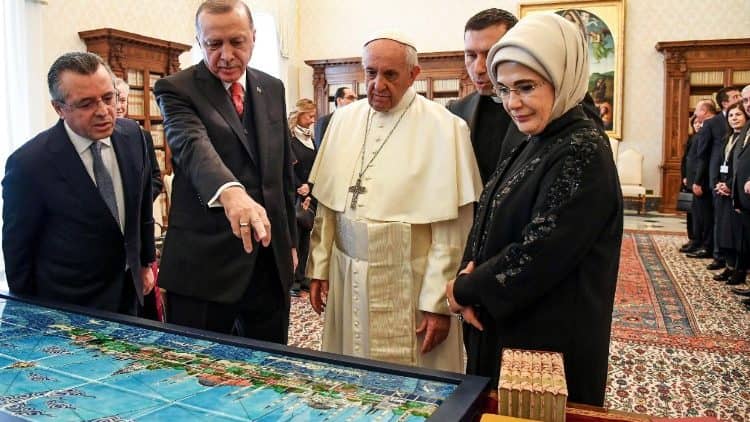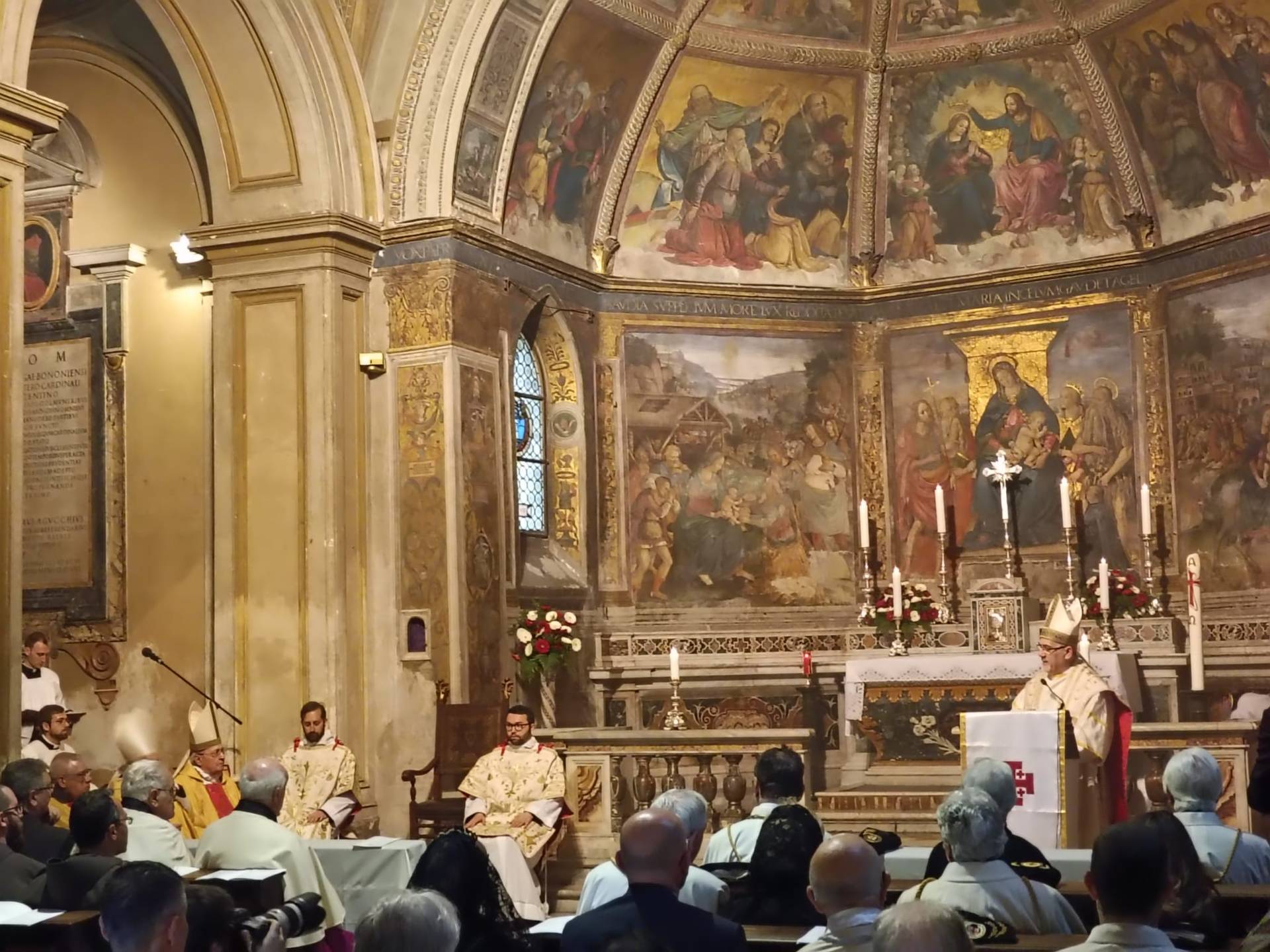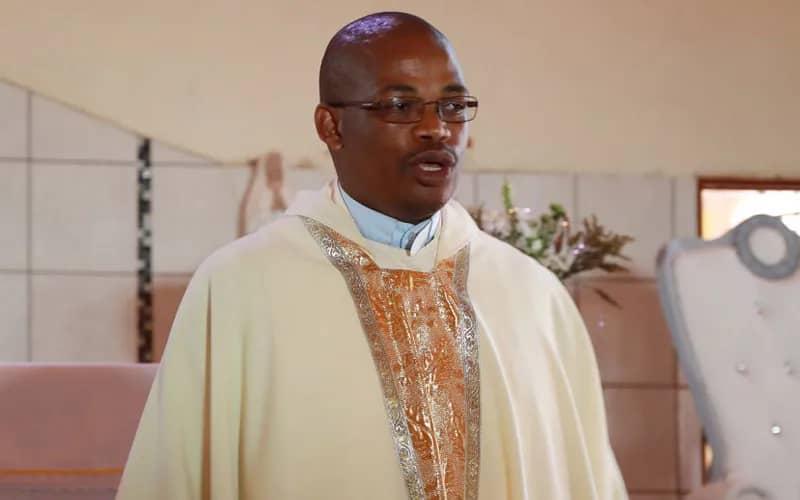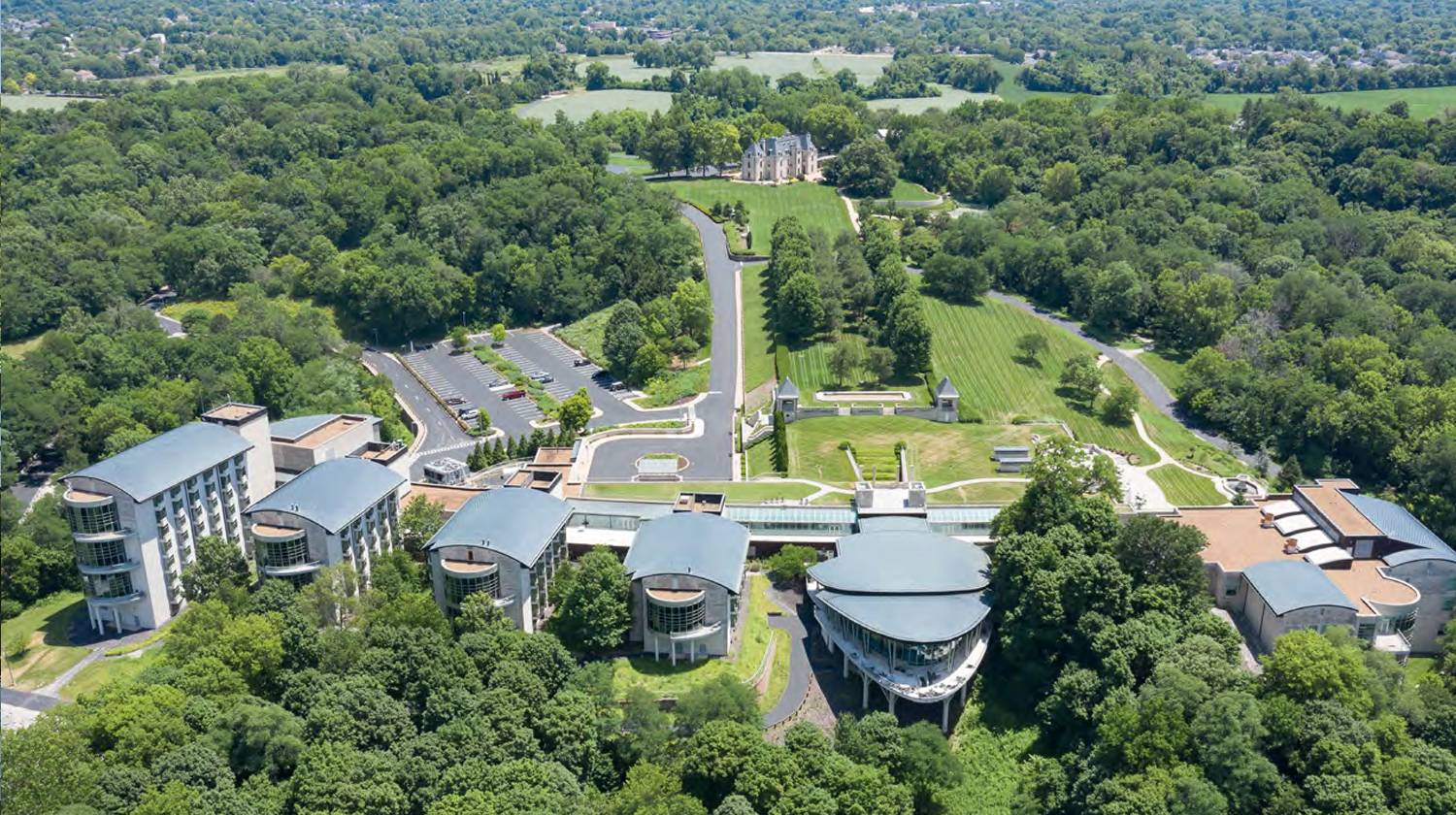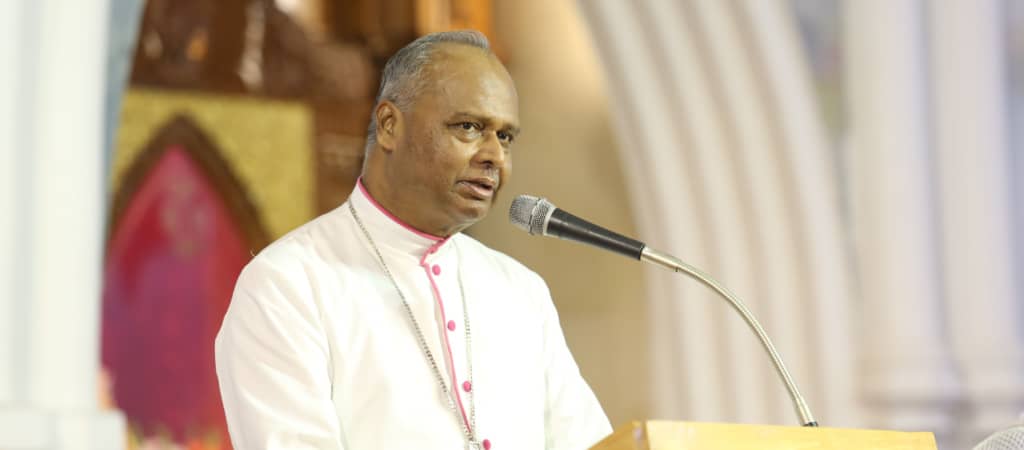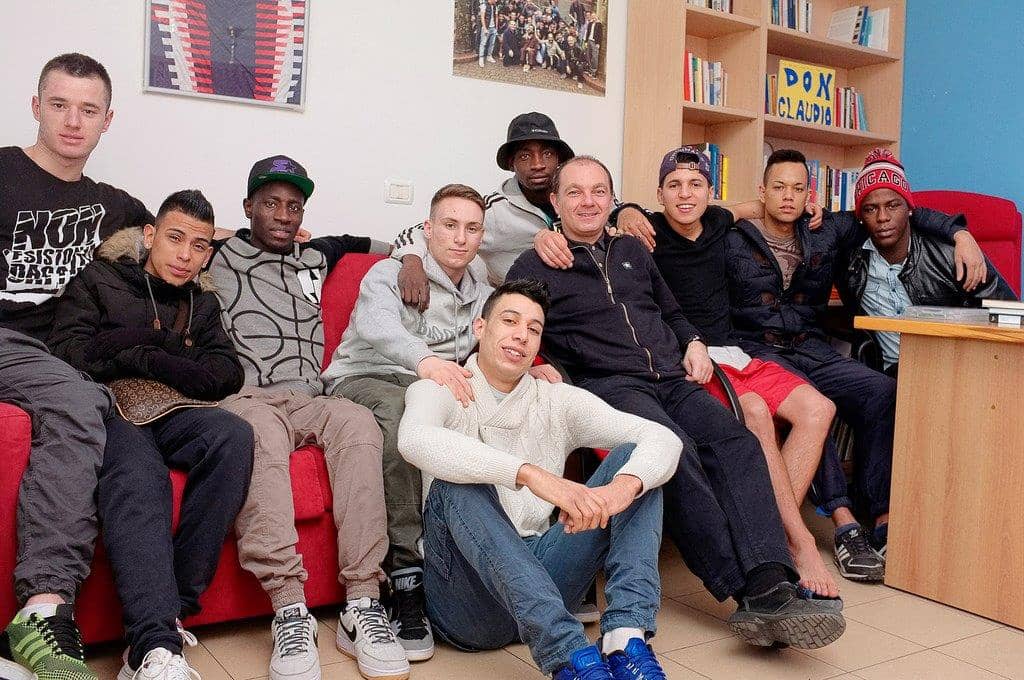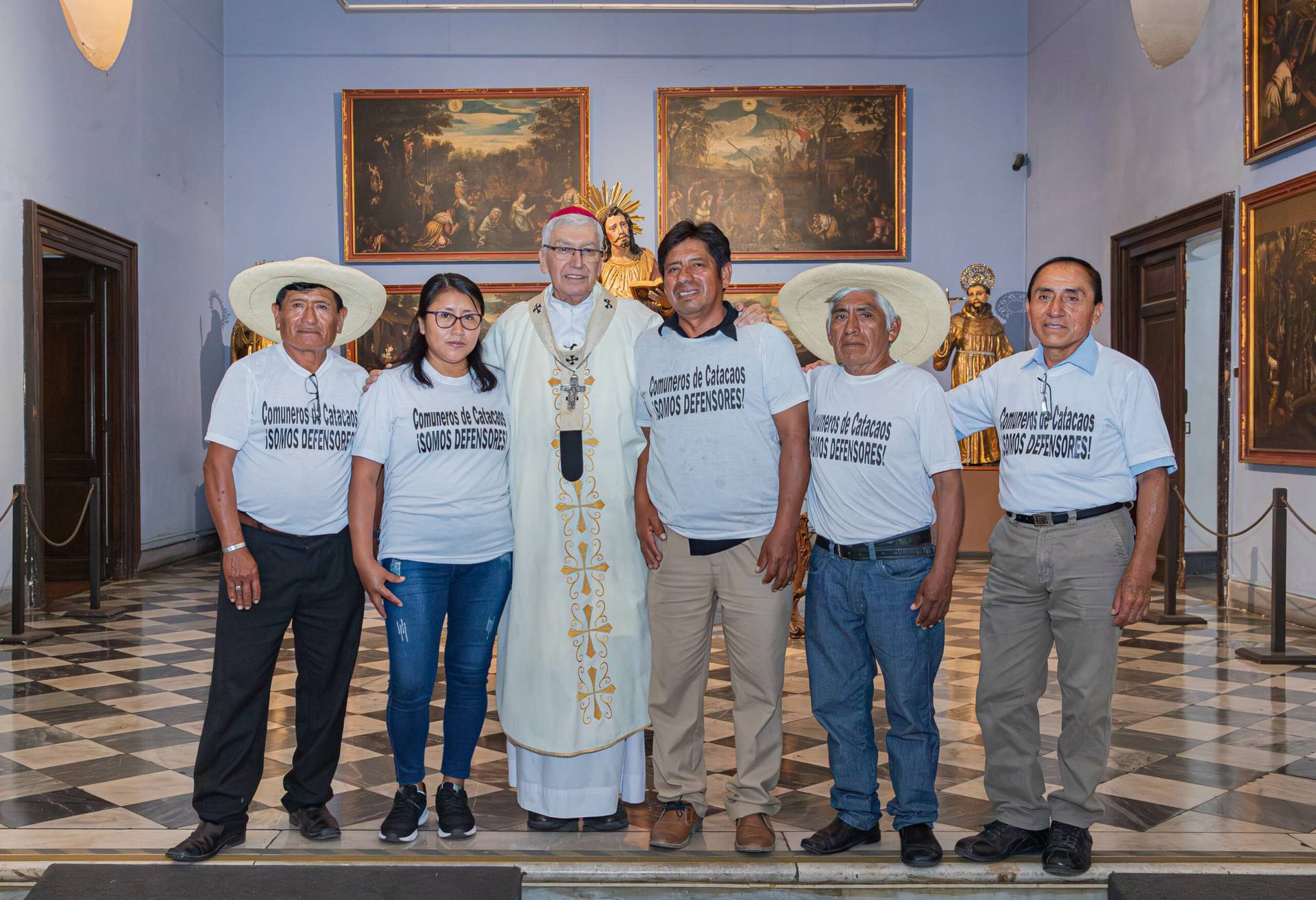YAOUNDÈ, Cameroon – When “Mary Olowe,” a pseudonym adopted for security purposes, converted from Islam to Christianity, her father and brothers threatened to kill her. Fearful for her daughter’s life, Mary’s mother smuggled her to a Christian community and the two sought and fortunately obtained a restraining order from a high court in northern Nigeria.
The court order restrained Mary’s father and brothers from “threats and attempts on the life of the applicant following her decision to change from the practice of Islam to Christianity and also not to breach her fundamental rights as to the choice of her religion or thoughts.”
That isolated victory offered some relief to Mary and her mother, and to all those defending Christianity from assault.
“We’re thankful when courts and communities are able to provide some protection for converts,” said Megan Meador, Communications Officer for the faith-based legal advocacy organization, Alliance Defending Freedom International.
“But the trend in many places is not good,” she added, a recognition of the difficulty of living out Christianity in Africa’s most populous nation.
“Religious minorities in Nigeria, including Christians like Maryam who have converted from Islam, are often denied the ability to freely live out their faith because of targeted threats and attacks against them,” Meador told Crux.
“It’s especially difficult for Christian converts, particularly in the northern part of the country, because it’s often their own friends and family, or even whole communities, that reject them.”
She said the past twenty years have been marked by a increasing trend of religious intolerance in Nigeria, particularly in the North. And the country has gained notoriety as the world’s worst persecutor of Christians.
Of the 5,500 Christians who were killed last year because of their faith, 90 percent were Nigerian. According to an April report by the International Society for Civil Liberties and Rule of Law (Intersociety), an NGO headquartered in Eastern Nigeria, at least 52,250 people have been killed over the last 14 years in Nigeria for being Christian.
“There are more Christian martyrs in Nigeria than anywhere else on earth. Ninety percent of Christians who have been killed for their faith over the last year have been murdered in Nigeria,” Meador told Crux.
“The persecution comes from terrorists, from machete-wielding militias, from mob violence and laws that implicitly encourage them, and from authorities who are indifferent to the mayhem and shrug off these atrocities, allowing perpetrators to go free while punishing victims.”
Nigeria’s Constitution explicitly forbids the federal and state governments from establishing a state religion, forbids religious prejudice, and guarantees people’s right to freely choose, practice, spread, or modify their faith.
Meador admits that the Constitution at face value “provides strong protection for religious freedom, equal to that provided under international law. But when states implement criminal Sharia law, it clearly goes beyond the constitution and leads to tragic results.”
“We’ve had cases where Christians have been hauled in front of Sharia courts, without jurisdiction, and accused of crimes like apostasy, which is not supposed to be a crime in Nigeria,” she said.
“We are right now supporting a Sufi Muslim young singer, Yahaya Sharif-Aminu, who was sentenced to death on blasphemy accusations for posting lyrics to social media, and is now challenging that law at the Supreme Court. Nigeria needs to fully practice what is protected under its Constitution,” Meador said.
Meador said her organization has been supporting religious freedom cases in Nigeria for years – Christians facing attacks, false accusations, and discrimination, and religious minorities wishing to express their beliefs freely without fear of blasphemy laws and accusations.
“The allied lawyers we work with are incredible, dedicated, and tireless defenders of the fundamental right to religious freedom, and we have been supporting the growth of more lawyers to protect more individuals. We also have been working at the highest levels of governments and international institutions so that they are aware of the depth of the persecution and to encourage them to take greater action.”
“We want every victim to have recourse to justice, and want to see broader changes in laws and policies to stop the further victimization of Christians in Nigeria,” she said.
As the situation gets worse, Meador believes it’s time there should be outcry “from every corner of the globe over what’s happening to Christians in Nigeria, but there too often isn’t.”







